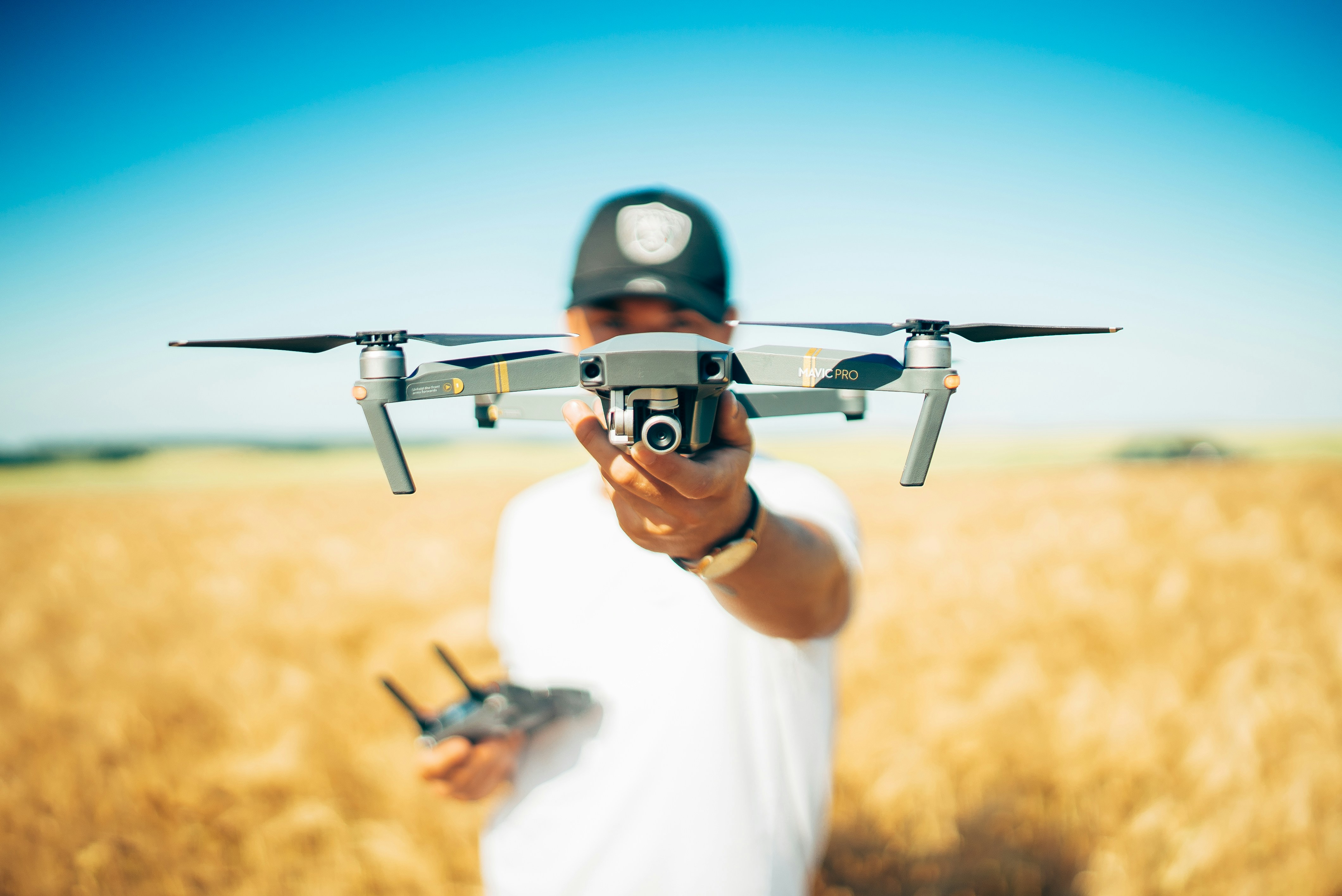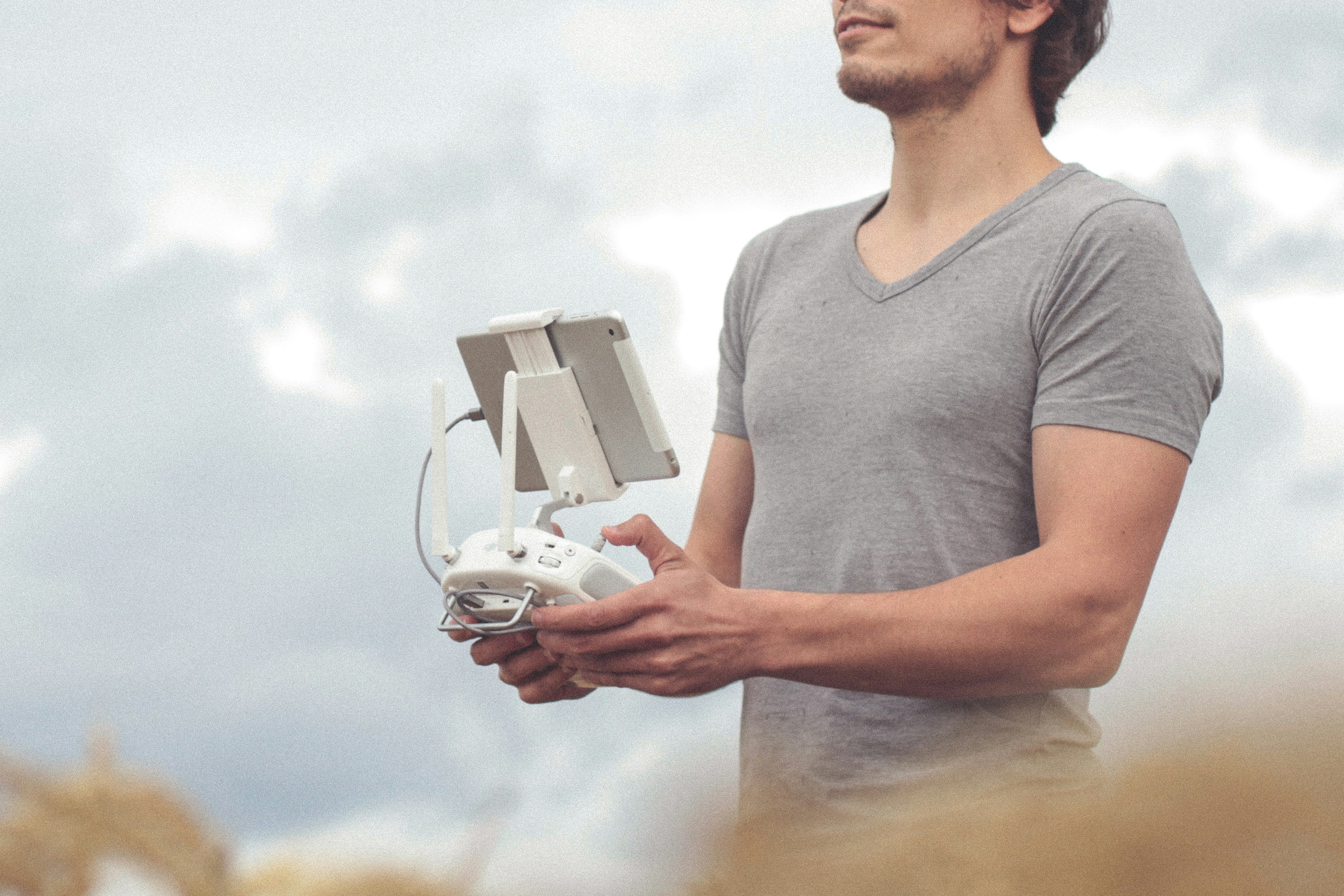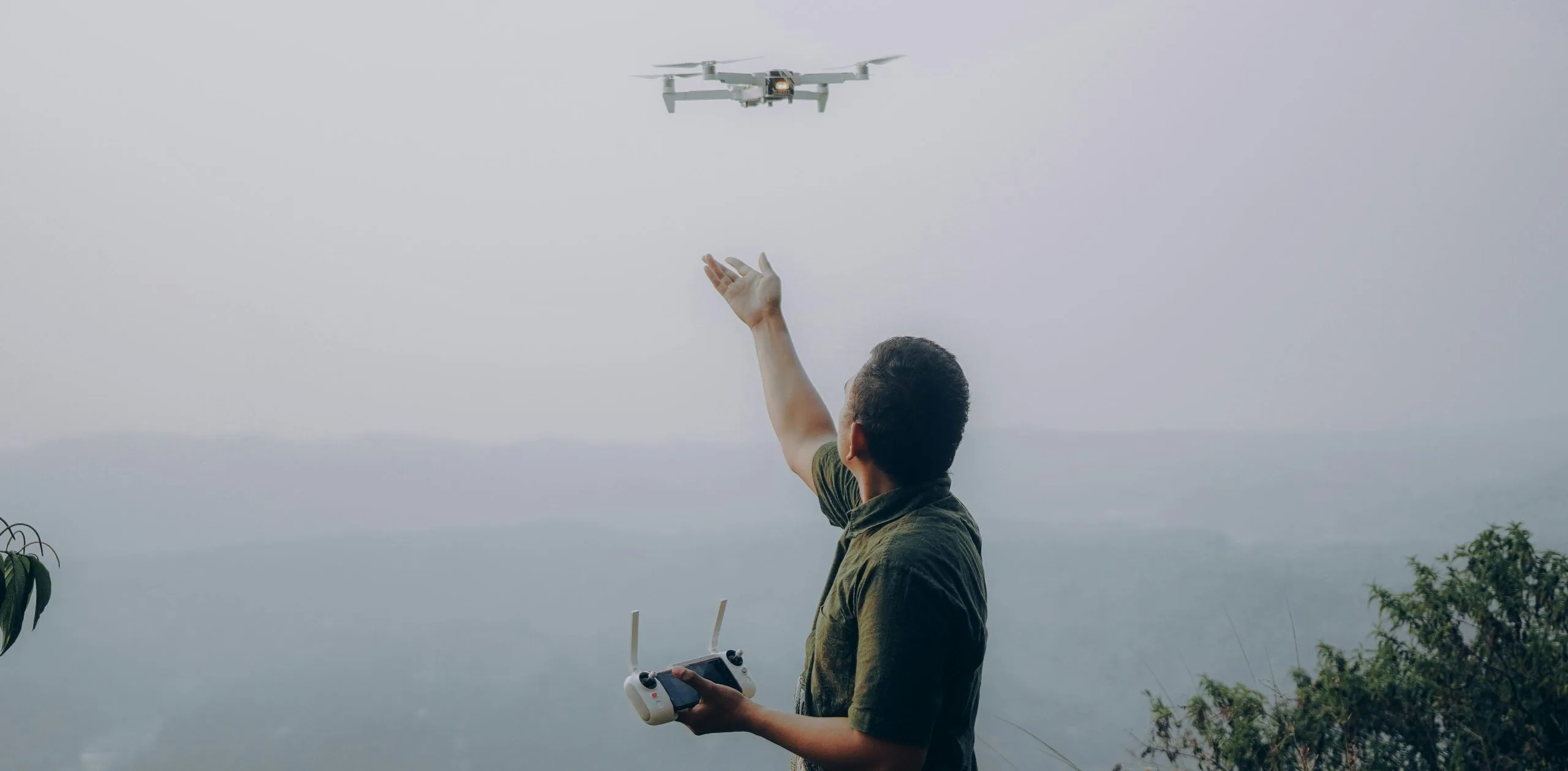Guide to Obtaining a Drone Pilot License in India Leave a comment
Drones, also known as unmanned aerial vehicles (UAVs), have rapidly transformed various industries, offering innovative solutions in areas such as photography, agriculture, construction, and surveillance. To legally operate a drone in India, individuals must obtain a Remote Pilot License (RPL) from the Directorate General of Civil Aviation (DGCA). This comprehensive guide provides a detailed overview of the steps involved in obtaining a drone pilot licence in India, along with key considerations and tips for aspiring drone pilots.

Understanding Drone Categories and Licensing Requirements
The DGCA classifies drones into five categories based on their weight:
Nano Drones (Up to 250 grams): These drones are the lightest and have the least stringent licensing requirements.
Micro Drones (250 grams to 2 kg): Micro drones require a higher level of licensing compared to nano drones.
Small Drones (2 kg to 25 kg): Small drones are commonly used for commercial purposes and require a more comprehensive licensing process.
Medium Drones (25 kg to 150 kg): Medium drones are larger and heavier, requiring a more thorough licensing process.
Large Drones (Above 150 kg): Large drones are the heaviest and have the most stringent licensing requirements
Eligibility Criteria for Obtaining a Drone Pilot Licence
To apply for a drone pilot licence in India, you must meet the following eligibility criteria:
- Be at least 18 years old.
- Possess an Aadhar Card.
- Possess a secondary ID (Voter ID/ Ration Card/ Driver’s License/ Passport).
- Have a medical certificate of fitness.
- Have a minimum education qualification of 10th grade (or equivalent).
Training Requirements for Drone Pilots
Before applying for an RPL, aspiring drone pilots must undergo training from a DGCA-approved training organisation (DTO). The training covers various aspects of drone operation, including:
- Understanding drone regulations and airspace rules
- Safety guidelines and emergency procedures.
- Practical flying skills and manoeuvres.
DGCA requirements for the issue of RPC are as follows:
- Pass in the following tests:
- Theory Test
- Sim Test
- Minimum flying hours 4 hours 30 minutes, which includes an additional 2 hours of Basic Assembly & Maintenance
- Solo flying
- Night Flying
- Final Skill Test
You can find the list of all the DGCA approved training centres here – https://digitalsky.dgca.gov.in/training-organizations

Registering Your Drone and Obtaining UIN and UAOP
DGCA has launched a digital platform, the Digital Sky Platform, for the registration of drones in India. This platform has streamlined the registration process, making it easier for drone operators to comply with regulations. Registering your drone on the Digital Sky Platform is mandatory, and in return, you will receive a Unique Identification Number (UIN) and an Unmanned Aircraft Operator Permit (UAOP).
UIN is a unique identification number issued by DGCA for a particular RPA (except Nano).
All operators other than exempted categories mentioned below are required to obtain UAOP from DGCA:
- operating a nano drone;
- operating a micro drone for non-commercial purposes;
- RPA operated by NTRO, ARC, and Central Intelligence Agencies;
- operating drones for research and development purposes.
Here is the link to apply for UIN – https://digitalsky.dgca.gov.in/home#d-2
Applying for the Remote Pilot License (RPL)
After completing the training and obtaining the UIN and UAOP, you can apply for the RPL through the Digital Sky Platform. The application process includes submitting the required documents and passing the RPL examination.
Here is the link to apply for RPL – https://digitalsky.dgca.gov.in/home#d-4
Clearing the RPL Examination
The RPL examination is conducted online by the DGCA and tests your knowledge of drone regulations, airspace rules, and operational procedures. It is essential to thoroughly prepare for the exam to ensure success. The training program is important in order to avert any risk. The Ministry of Civil Aviation has enlisted both technical and theoretical knowledge for users to be qualified in order to operate both personal or commercial drones.
This training procedure is designed under the Aircraft Rules, 1934. Primary subjects included in the training include:
- Radio Telephony
- Flight Planning and ATC procedure.
- Aviation Meteorology
- Knowledge of Aerodynamics.
- Air Navigation
Undergoing a Practical Assessment
After passing the RPL examination, you will need to undergo a practical assessment conducted by a DGCA-appointed examiner. During the assessment, your ability to operate a drone safely and effectively will be evaluated.
Receiving Your Remote Pilot License (RPL)
Upon successful completion of the examination and assessment, the DGCA will issue you a Remote Pilot License, allowing you to legally operate drones in India. The RPL is valid for five years and can be renewed upon expiry.
Additional Information on Drone Registration Process in India
The DGCA has updated the regulations for Unmanned Aircraft (UA) in 2019 to prevent unauthorised flights and maintain safety standards. The “no permission, no takeoff” (NPNT) rule was introduced to manage UAs via the Unmanned Traffic Management (UTM) system. This rule requires registration of UAs, submission of flight plans, and obtaining permissions and certifications to ensure operators have received adequate training to operate an aircraft.
How to Use NPNT for Drone Operations
The NPNT app is designed to monitor and manage drone operations, ensuring that operators have the necessary permissions to fly. The app is installed on electronic devices and allows operators to request takeoff permissions. If the app denies the request, the operator is not permitted to fly at that moment.
In conclusion, obtaining a drone pilot licence in India requires careful planning, preparation, and adherence to regulations. By following the steps outlined in this guide and staying updated with the latest developments in drone technology and regulations, you can embark on a successful career as a certified drone pilot in India.
